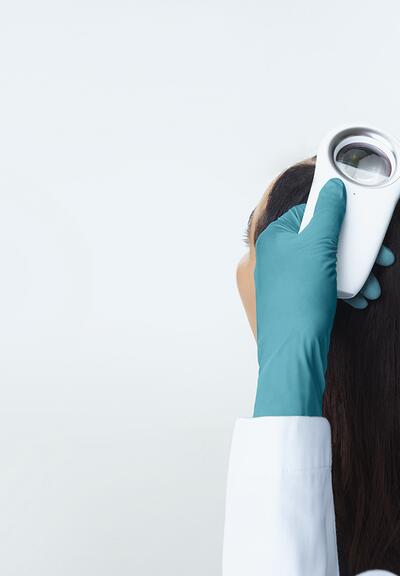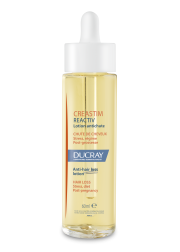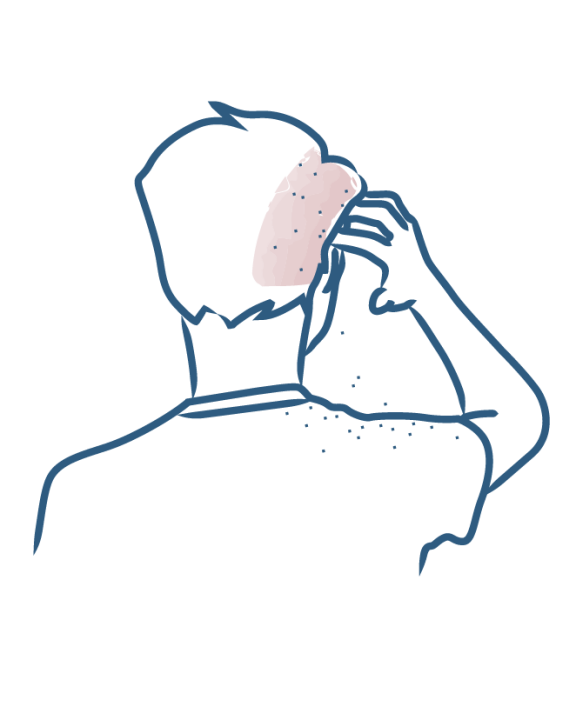Psoriasis: several types of treatments
The first treatments to consider are local. Topical corticosteroids have been used for several decades in the treatment of flare-ups, but their poor reputation can alarm patients. However, these types of topical corticosteroids are completely different to those often taken for months, even years, by general route. Topical corticosteroids have some local side effects but are generally very well tolerated when used according to medical prescription. Vitamin D derivatives are also frequently used, alone or in combination with topical corticosteroids. They are also well tolerated, with the exception of a few cases of skin irritation at the beginning of treatment.
Oral treatment
There are several psoriasis treatments that are taken orally, including methotrexate. This medicinal treatment limits cell proliferation in psoriasis but also in other inflammatory diseases. It is administered orally or by injection, once a week. Cyclosporine is an immunosuppressive drug, initially designed to limit the risk of rejection during organ transplants. Two other molecules are available, although less used: acitretin and apremilast.
Biotherapies
Biotherapies are probably the most talked about drug class in psoriasis treatment today. This is because they have revolutionized the management of the disease, both in its skin and joint form. Biotherapies are given by injection, once or several times a month, depending on the treatment protocol. New biotherapies are regularly being introduced and many diseases can be treated with them. However, biotherapies are intended for moderate to severe psoriasis with a significant impact on patients' quality of life.
Phototherapy
Phototherapy is a medical technique at the juncture between local and general treatments. It uses the beneficial, anti-inflammatory and immunosuppressive effects of ultraviolet rays (known as UV rays) on psoriasis plaques. These are the same as the beneficial effects that many people with psoriasis experience during the summer, when there is more sunlight. Phototherapy is only given under medical supervision and in short treatment cycles.
Hydrotherapy
Doctors may suggest hydrotherapy for psoriasis, to help relieve the patient’s symptoms. Some thermal waters are known to be anti-inflammatory and soothing. They can have a beneficial effect, both on the skin and psychologically. Hydrotherapy treatment provides a good opportunity to relax, to learn how to better look after yourself and to meet other people with the same skin disease.




















